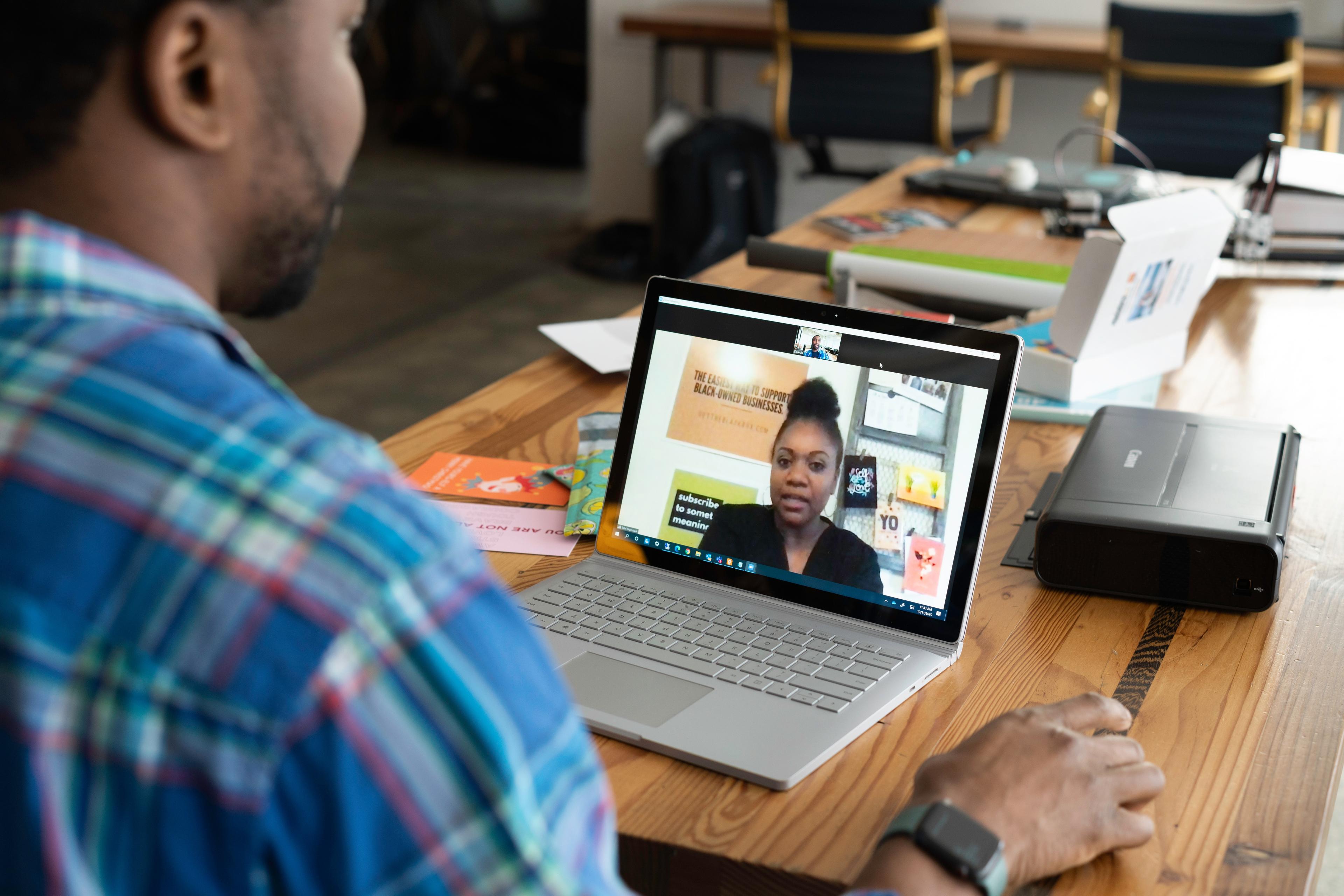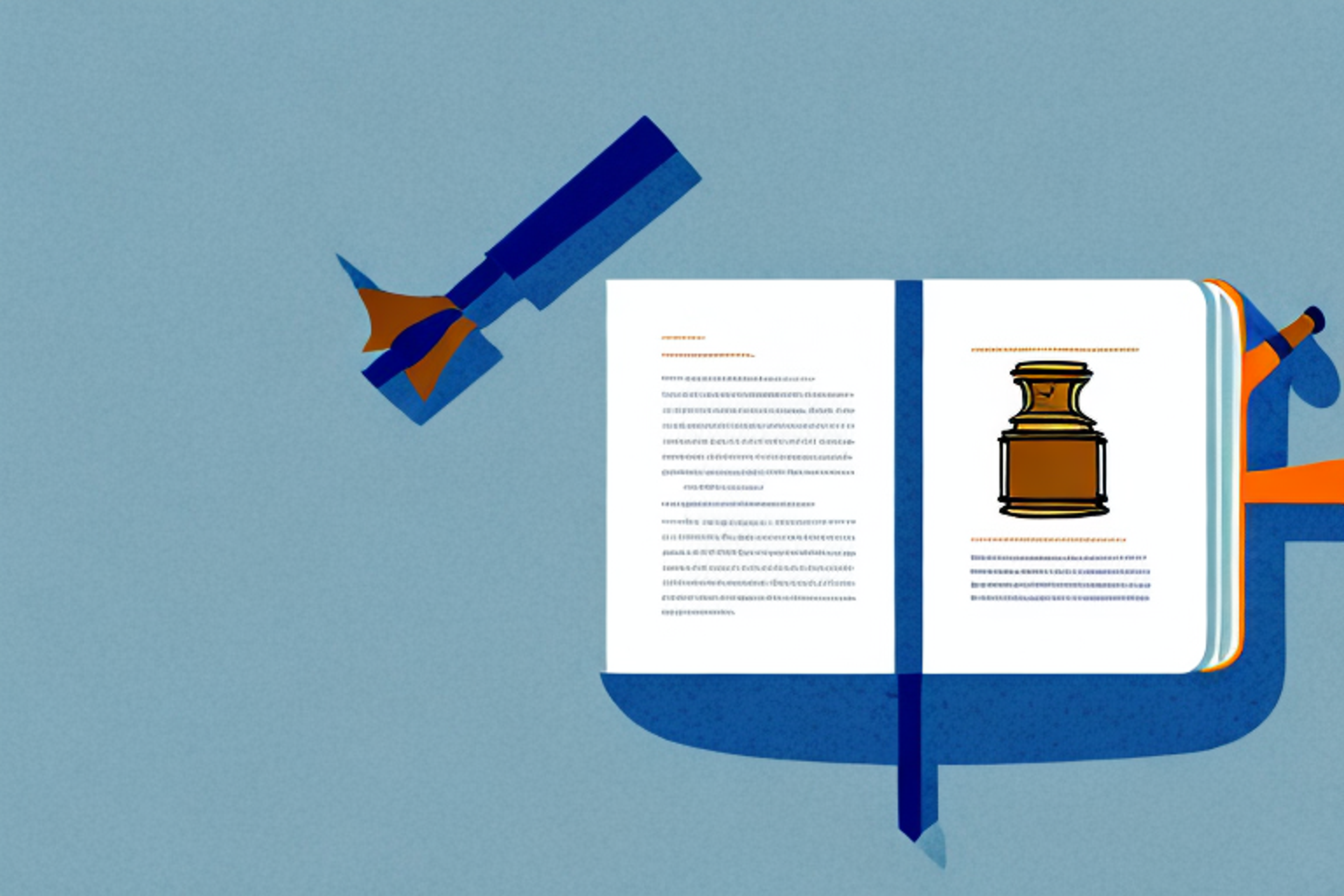Digital Interview Tips: Winning Strategies for Virtual Job Seekers
In today's digital age, virtual job interviews have become the norm.
Posted April 10, 2025

Table of Contents
In today’s world, digital interviews have become an increasingly popular method for job seekers to connect with potential employers. Whether you are seeking a remote position or simply want to avoid the hassle of traveling to an interview, a virtual interview could be the perfect solution. However, as with any type of interview, it is crucial to prepare effectively to increase your chances of success. Here are some winning strategies for virtual job seekers to help you ace your upcoming digital interview.
Preparing for a Virtual Job Interview: A Step-by-Step Guide
The first crucial step in preparing for a digital interview is to research the company and its hiring process. Familiarize yourself with the company mission, culture, and values, as well as the position you are interviewing for. In addition, make sure you have access to the necessary technology, such as a reliable internet connection, a webcam, and the required videoconferencing software. Finally, practice your interview skills by participating in mock interviews or recording yourself to identify areas that need improvement.
Another important aspect to consider when preparing for a virtual job interview is your appearance. Dress professionally, as you would for an in-person interview, and make sure your background is clean and uncluttered. It's also a good idea to test your technology beforehand to ensure everything is working properly. Additionally, be mindful of your body language and tone of voice during the interview, as these nonverbal cues can have a significant impact on how you are perceived by the interviewer.
Choosing the Right Videoconferencing Platform for Your Interview
Choosing the right videoconferencing platform is essential for a smooth and successful interview. Popular options include Zoom, Skype, and Microsoft Teams. It is important to test the platform in advance to ensure that your microphone, camera, and internet connection are working correctly. Be sure to also familiarize yourself with the platform’s features, such as screen sharing and recording options.
Another important factor to consider when choosing a videoconferencing platform for your interview is the level of security it provides. Look for platforms that offer end-to-end encryption and two-factor authentication to ensure that your conversation remains private and secure.
It is also a good idea to check if the platform allows for virtual backgrounds or if it has a feature that blurs your background. This can help create a professional and distraction-free environment for your interview. Additionally, make sure to dress appropriately and choose a well-lit area for your interview to make a good impression.
Setting Up Your Home Office for a Successful Interview
A successful virtual interview requires the right setting. Choose a quiet and well-lit area that is free from distractions. Your background should be simple and professional, and clutter should be kept to a minimum. Make sure your camera is positioned at eye level, and that you are facing the camera directly.
In addition to the physical setup of your home office, it's important to also consider your technology. Test your internet connection and make sure it is stable and strong enough for a video call. Check your microphone and speakers to ensure they are working properly. It's also a good idea to have a backup plan in case of technical difficulties, such as a phone number to call in case the video call fails.
Another important aspect of a successful virtual interview is your appearance. Dress professionally, as you would for an in-person interview. Avoid wearing bright colors or busy patterns that may be distracting on camera. Make sure your hair and makeup are neat and tidy, and avoid wearing any accessories that may make noise or cause distractions during the interview.
Dressing for Success: How to Look Professional on Camera
Just because you are being interviewed virtually does not mean you should neglect your appearance. Dressing professionally not only helps you look the part, but it also boosts your confidence. Avoid bold patterns and bright colors, and opt for neutral tones that will not distract the interviewer.
It is also important to consider your surroundings when preparing for a virtual interview. Choose a clean, clutter-free area with good lighting and minimal background noise. This will help you appear more professional and focused during the interview. Additionally, make sure your camera is at eye level and you are sitting up straight to convey confidence and engagement.
Punctuality Matters: How to Avoid Technical Difficulties and Delays
Being punctual is crucial in any interview, and a virtual interview is no exception. Test your internet connection and videoconferencing software in advance to ensure that everything is working correctly. It is also a good idea to log in a few minutes early to avoid delays and technical difficulties that could impact the interview.
Another important factor to consider is your surroundings. Make sure you are in a quiet and well-lit room, with a neutral background that is not distracting. Avoid any potential interruptions by informing your family or roommates that you will be in an interview and need privacy. By taking these steps, you can ensure that you are presenting yourself in the best possible light and giving yourself the best chance of success in the interview.
Creating a Professional Atmosphere: Tips for Background and Lighting
Your background and lighting can play a significant role in creating a professional atmosphere for your interview. Choose a simple and neutral background, such as a blank wall or bookshelf. Lighting is also crucial – avoid backlighting that could cast shadows on your face. Instead, choose natural lighting from a window or a lamp that illuminates your face evenly.
In addition to a simple and neutral background, consider adding a few personal touches to your workspace that reflect your professionalism and personality. This could include a small plant, a piece of artwork, or a book related to your industry. These subtle additions can help create a welcoming and professional atmosphere for your interview.
Another important factor to consider when setting up your interview space is the noise level. Choose a quiet location where you won't be interrupted by outside noise or distractions. If you live in a noisy area, consider using noise-cancelling headphones or a microphone with noise-cancelling capabilities to ensure that your interviewer can hear you clearly.
Nailing the Introduction: How to Make a Great First Impression
Your introduction is your chance to make a great first impression on your interviewer. Start by introducing yourself and thanking the interviewer for the opportunity to interview. Be confident and enthusiastic, and avoid rambling or speaking too quickly.
It's also important to do your research on the company and the position you're interviewing for. This will allow you to tailor your introduction to the specific job and show that you're genuinely interested in the opportunity. Additionally, try to highlight your relevant skills and experiences in your introduction, as this will give the interviewer a preview of what you can bring to the role. Remember, a strong introduction can set the tone for the rest of the interview and leave a lasting impression on the interviewer.
The Art of Listening: Tips for Effective Communication in Virtual Interviews
Effective communication is key in any interview, including virtual interviews. Listen actively to the interviewer and ask clarifying questions if necessary. Avoid interrupting or speaking over the interviewer, and take pauses to collect your thoughts before answering questions.
Another important aspect of effective communication in virtual interviews is to maintain eye contact with the interviewer. This can be achieved by looking directly at the camera instead of the screen. Additionally, it is important to speak clearly and at an appropriate volume, as technical issues may affect the quality of the audio. By following these tips, you can ensure that your virtual interview is a success.
Answering Tough Interview Questions with Confidence and Clarity
Be prepared to answer tough interview questions with confidence and clarity. Research common interview questions and practice your responses in advance. Be honest and authentic in your responses, and provide specific examples and anecdotes to illustrate your skills and experiences.
It's also important to remember that tough interview questions are not always meant to trip you up or make you feel uncomfortable. They may be designed to assess your problem-solving skills, your ability to think on your feet, or your level of self-awareness. So, don't be afraid to take a moment to gather your thoughts before answering a difficult question. And if you don't know the answer, be honest and explain how you would go about finding a solution.
Showcasing Your Skills: Demonstrating Your Strengths in Virtual Interviews
Virtual interviews provide a unique opportunity to showcase your skills and strengths. Be prepared to provide specific examples that demonstrate your skills and experiences. Use the screen sharing feature to present your work portfolio and other relevant materials, if necessary.
Another way to demonstrate your strengths in virtual interviews is to research the company and the position you are applying for. This will allow you to tailor your responses to the specific needs and values of the organization. Additionally, be sure to highlight any relevant certifications or training you have received that relate to the position.
It is also important to remember that virtual interviews require a different level of preparation than in-person interviews. Make sure you have a quiet and well-lit space for the interview, and test your technology beforehand to ensure a smooth experience. Finally, be sure to dress professionally and maintain good eye contact with the interviewer, even though you are not in the same room.
Wrapping Up the Interview: Tips for Ending on a High Note
End the interview on a positive note by thanking the interviewer for their time and reiterating your interest in the position. Ask any remaining questions you have, and provide your contact information for future communication.
Following Up After the Interview: Best Practices for Digital Communication
Following up after the interview is crucial to keep your name at the forefront of the interviewer’s mind. Send a thank-you email or message within 24 hours of the interview, thanking the interviewer for their time and reiterating your interest in the position. Keep your message brief and professional, and avoid excessive follow-up communication that could come across as pushy.
Overcoming Common Challenges of Digital Interviews
Digital interviews come with their own unique set of challenges. Common challenges include technical difficulties, interruptions, and distractions. Be prepared to handle these challenges by keeping a backup plan in case of technical difficulties, minimizing distractions and interruptions, and practicing your communication and interview skills.
Staying Motivated During the Job Search Process
The job search process can be long and daunting, but staying motivated is key to your success. Set realistic goals and timelines for your job search, and celebrate small victories along the way. Surround yourself with a support system of family and friends who can offer encouragement and support throughout the process.
By utilizing these winning strategies for virtual job seekers, you can increase your chances of acing your next digital interview and landing your dream job.












